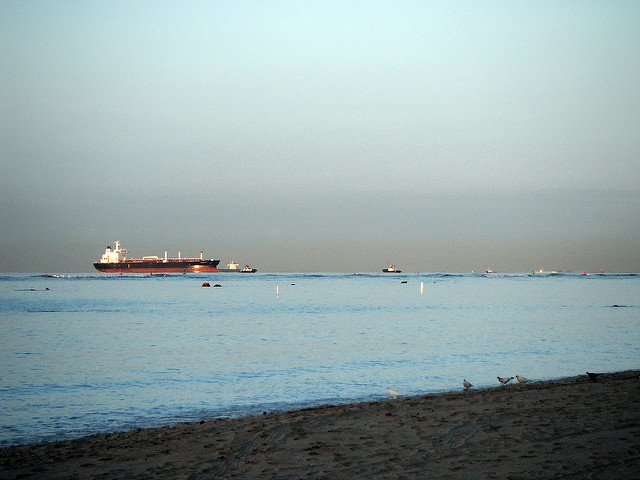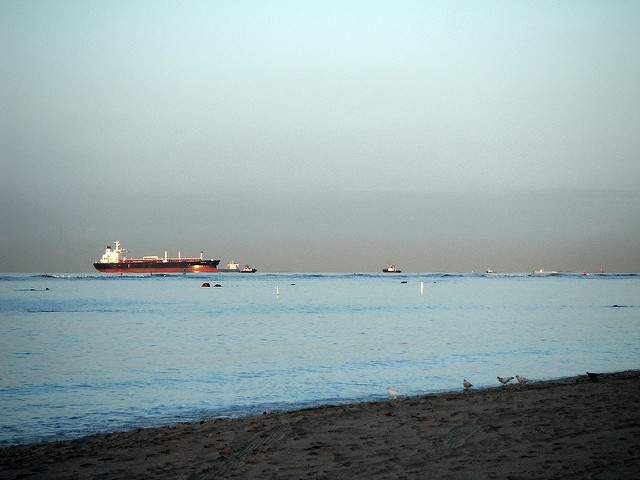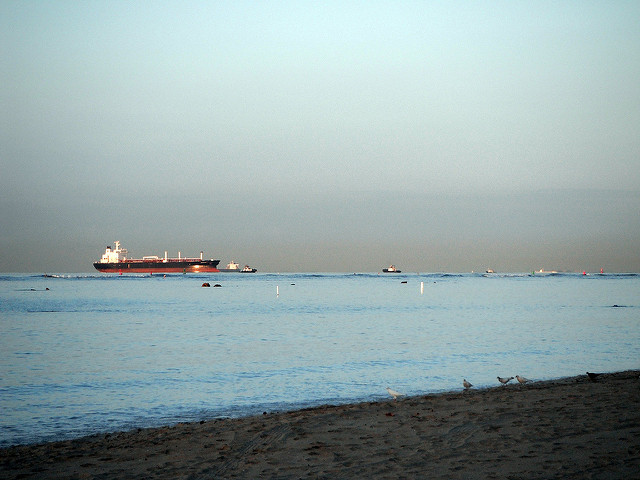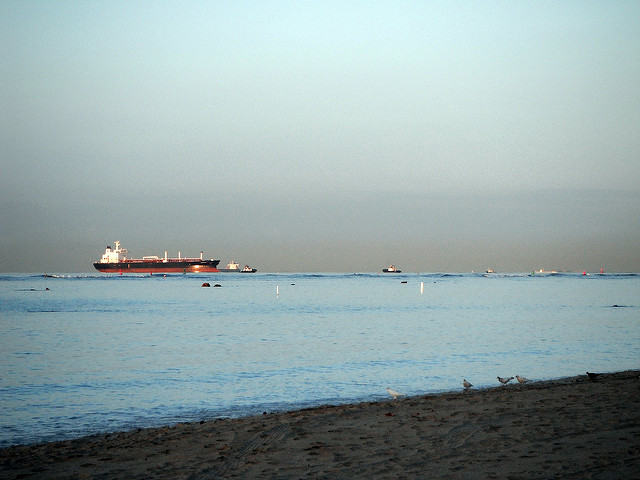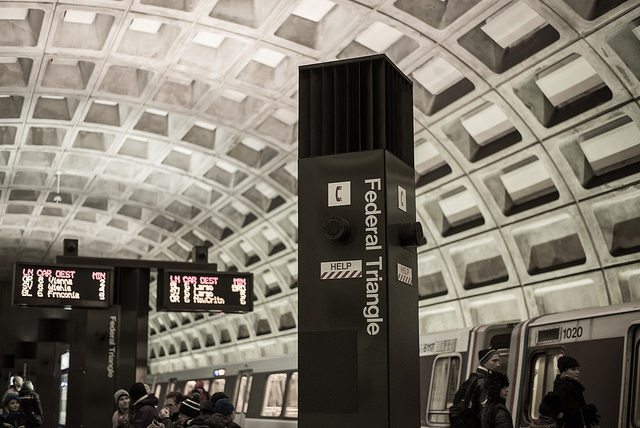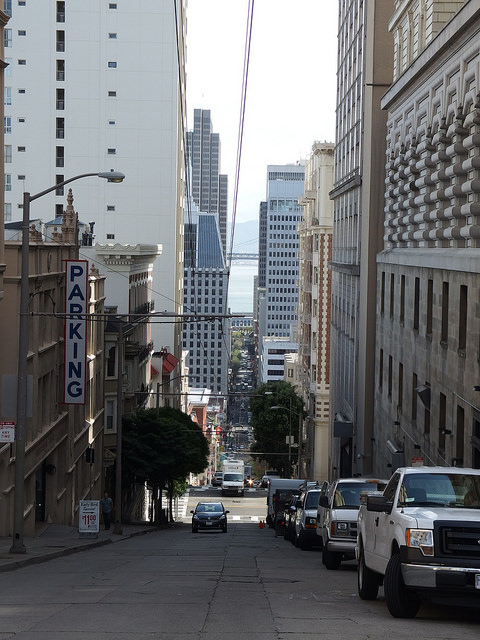United States Citizenship and Immigration Services (USCIS) will start accepting H-1B petitions for Fiscal Year (FY) 2012 on 1 April 2011. However, the earliest you can start work on an H-1B visa is October 2011. US firms use H-1B visas to recruit overseas workers in specialty occupations in fields in the sciences, engineering, and information technology.
Topical:
US Immigration News
Items tagged with "US Immigration News":
New legislation, if enacted, will make obtaining a work visa in the US much easier for immigrant entrepreneurs.
The StartUp Visa Act of 2011 would allow an immigrant entrepreneur to receive a two year visa as long as he or she can show that a qualified U.S. investor is willing to invest in the immigrant's venture or can show that the business has generated at least $100,000 in annual sales from the US.
U.S. Citizenship and Immigration Services (USCIS) is proposing an electronic registration system which businesses can use to file H-1B petitions. USCIS says the new system would save firms more than $23 million dollars over the next decade.
"The proposed electronic system would minimize administrative burdens and expenses related to the H-1B petition process including reducing the need for employers to submit petitions for which visas would not be available under the statutory visa cap," USCIS said in a statement.
United States Citizenship and Immigration Services (USCIS) announced on 27 January 2011 that it received enough H-1B petitions for fiscal year 2011 to reach the annual cap of 65,000 visas.
Applications are considered to have been received on the date that USCIS physically receives the petition -- the postmark date does not matter. Any petitions received after 26 January 2011 will not be considered for an H-1B visa.
If you wish to bring in skilled professional level workers with at least a bachelors degree to the United States, you should consider applying as soon as possible. As of 21 January 2011, there were only 2,200 H-1B visas left.
Each year, Congress mandates 65,000 H-1B visas to employ professional level foreign workers with at least a bachelors degree. An additional 20,000 visas are available for applicants who hold a Master's degree or higher.
According to the United States Government Accountability Office (GOA), 47 percent of all H-1B visa holders between 2000 and 2009 were born in India.
"Between fiscal year 2000 and fiscal year 2009, the majority of approved H-1B workers (initial and extensions for both employers subject to the cap and cap-exempt employers) were born in Asia," GOA said in a report.
